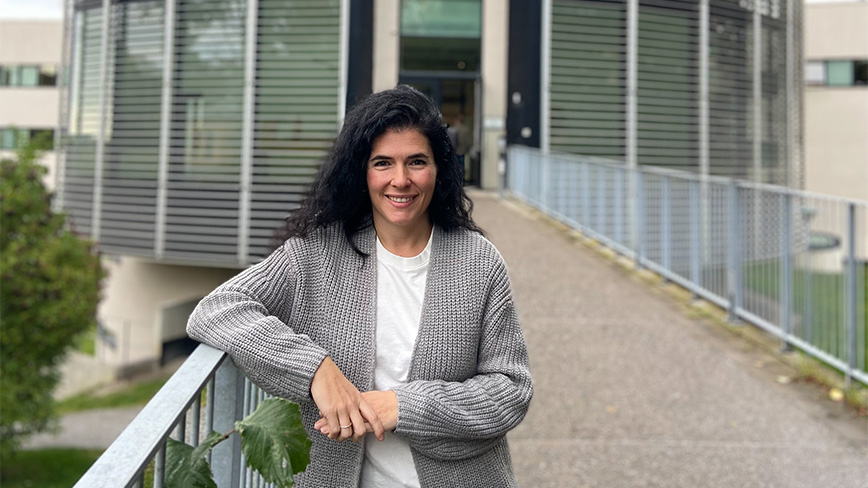Algae waste to become food and cosmetics in circular EU project

Each year, large amounts of macro and microalgae are produced over the world, but the waste from the production is discarded and not made use of. A new EU project coordinated by KTH aims at finding ways to create new products from the waste.
”The research we will do during the project will open the possibility to better understand and use the algae waste so this biomass can be transformed into a future resource for food, feed and cosmetic applications, that is the magic of thinking circular. We do not aim to change the current use of algae, but to further develop other use to fully valorize its potential”, says Dr. Amparo Jimenez Quero, who is coordinator for the Horizon Europe project CIRCALGAE and a researcher at the division Glycoscience.
The Horizon Europe project CIRCALGAE – "Circular valorisation of industrial algae waste streams into high-value products to foster future sustainable blue biorefineries in Europe", starts on October 1st. It consists of a consortium of 21 partners from nine different countries and, according to Amparo Jimenez Quero, it is the biggest EU project coordinated by KTH so far. A kick-off for the partners will be held at KTH on October 17th.
Each year, around 40Mtons of algae are produced, and only a small portion is used for human consumption. The algae are used in research and development, in the food industry as well as for healthcare applications, and the waste can add up to 95 percent of the initial biomass in dry weight. According to Amparo Jimenez Quero, this is a very unsustainable use of natural resources from cultivation and harvesting of macroalgae, or even from the production of microalgae in controlled conditions. Moreover, the huge amount of algae waste supposes an environmental problem to be disposed.
“If you think about algae products as agar that we use in our labs every day, this is a very specific molecule that is extracted from red algae, but it represents a small percentage of the whole biomass. The rest is just treated as waste but it is still a rich biomass with potential to generate other high value molecules, and that is what CIRCALGAE wants to explore.”
Through CIRCALGAE, the idea is to develop biorefineries on an industrial scale in order to create products together with the industrial partners such as vegan foods, health-promoting food ingredients, protein rich feed, and cosmetic formulations. Three biorefinery schemes will be developed and 12 demonstrator products will be created by the industry partners. The products will then be assessed for consumer acceptance and qualified for market.
Text: Sabina Fabrizi
